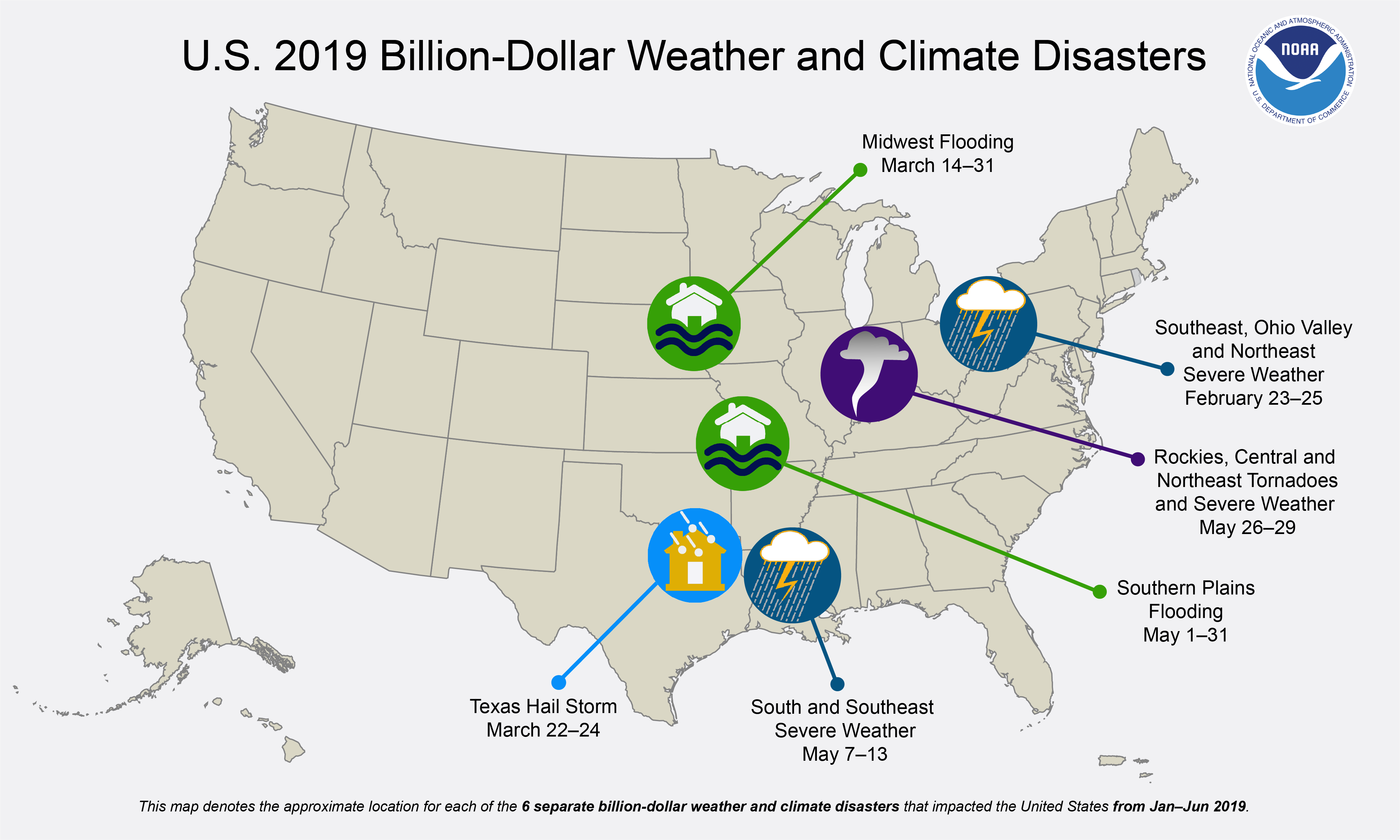An American flag battered by Hurricane Michael continues to fly in the in the rose colored light of sunset at Shell Point Beach on October 10, 2018 in Crawfordville, Florida.The hurricane hit the Florida Panhandle as a category 4 storm.
Mark Wallheiser | Getty Images
Natural disasters lead to billions of dollars in property losses. Few people are preparing for it.
Nearly 9 out of 10 insurance agents believe that fewer than half their customers have a comprehensive hurricane preparedness plan, according to a June survey by the Private Risk Management Association.
The organization, which represents the insurance industry, polled 96 agents, representing more than 2,000 high-net-worth clients.
In fact, 70% said fewer than half of their clients evacuate when a Category 3 hurricane is forecast to hit their area.
A Category 3 hurricane has sustained winds of 111 to 129 miles per hour, according to the National Oceanic and Atmospheric Administration. The season for these big storms along the Atlantic coast began June 1 and runs until Nov. 30.
“People say, ‘I’m going to get my homeowner’s insurance and, if I have a loss, the insurance pays and life goes on,'” said Lisa Lindsay, executive director of the Private Risk Management Association.
“But there’s a lot of complexity on the personal side, and a lot of people don’t think about ways to proactively protect themselves,” she said.
Stormy weather ahead
The storm surge and waves from Hurricane Michael batter the beachfront homes on October 10, 2018 in the Florida Panhandle community of Shell Point Beach, Florida.
Mark Wallheiser | Getty Images
There will likely be nine to 15 named storms during the 2019 hurricane season, according to NOAA. Of these, four to eight of them could become hurricanes with winds of at least 74 miles per hour.
Two to four of these storms may be considered major hurricanes, rated at least a Category 3.
In all, natural catastrophes in 2018 led to $160 billion in losses, half of which were insured, according to Munich Re, a reinsurer.

As of July 9, there have been six weather and climate disaster events with losses exceeding $1 billion, according to NOAA.
Insurance is the beginning
In this aerial view, storm damaged boats are seen in the aftermath of Hurricane Michael on October 11, 2018 in Panama City, Florida.
Brendan Smialowski | AFP | Getty Images
Homeowners coverage doesn’t necessarily guarantee full protection in the event of a tropical storm or a hurricane.
For instance, if your policy has a hurricane deductible, you might be on the hook for 1% to 5% of your home’s insured value.
Whether this expense applies to you will depend on where you live.
Nineteen states and the District of Columbia have hurricane deductibles, according to the Insurance Information Institute.
More from Personal Finance:
5 best states and 5 worst states for retirement
When it pays to have a credit card with an annual fee
How to figure out your net worth
Those states are Alabama, Connecticut, Delaware, Florida, Georgia, Hawaii, Louisiana, Maine, Maryland, Massachusetts, Mississippi, New Jersey, New York, North Carolina, Pennsylvania, Rhode Island, South Carolina, Texas and Virginia.
A good practice is to shore up your emergency fund so that you can cover the deductible or have a home equity line set up ahead of time.
Here’s another hole in your homeowner’s coverage: flood damage.
You’ll need to buy this coverage through the National Flood Insurance Program or the private market.
“People should sit down with their agents and understand what their coverage is providing,” said Lindsay.
Disaster prep
Hero Images | Hero Images | Getty Images
Comprehensive preparedness goes beyond making sure your insurance policy offers adequate coverage. Design your plan before the disaster and consider the following, according to Lindsay.
Stay or go? Work with your family to create an evacuation plan, including knowing the route you’ll take to safety. Have a way to safely transport your pets, as well as your important documents and medications.
Know your coverage: Review your homeowners insurance policy and flood coverage. Take inventory of your belongings. If you have collectibles and other high-end possessions, talk to your agent about getting a rider or endorsement to make sure they’re covered.
Take protective measures: Homeowners can get ahead of damage by installing storm shutters over their windows and cutting tree limbs that could fall on their homes.
Got a sump pump in your basement? “We recommend having a generator on hand in case your electricity goes out,” said Lindsay.
